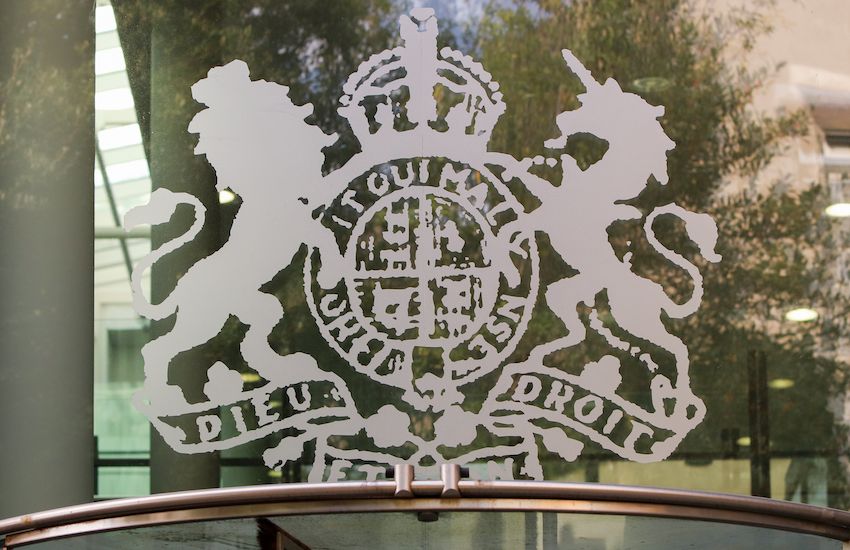


A builder has been told to pay a customer back £25,202.40 after a contractual dispute between the pair landed in court.
The customer had originally signed a contract for a large project at her home, with a deposit of £31,503 being paid in September 2022.
Linda Evans had agreed with Guernsey Building Renovations Limited that the company would carry out "a substantial extension to her house", including converting a garage into a bathroom and possibly further roofing work.
This work was costed at around £160,000 in total with the court hearing that the £31,503 which changed hands was intended as a deposit - although it was sometimes called an advance in communication between the two parties.

Pictured: The dispute was heard in court in October, with the judgment being handed down last week.
Lieutenant Bailiff Hazel Marshall QC heard the case and she agreed the bulk of the money should be repaid to Ms Evans who had cancelled the work with GBR Ltd after a personal situation arose soon after the contract was signed.
Ms Evans and Artur Filipczak - the sole director of GBR Ltd - both signed the contract in September 2022, with Ms Evans paying the agreed funds through bank transfer immediately.
However, within a day or two, Ms Evans received news that meant she was unable to continue with the expensive building work at her home. She contacted Mr Filipczak to cancel the agreed work and to ask for her money back. Ms Evans thought Mr Filipczak had agreed to repay the money but he later told the court that he felt his business was entitled to retain the money.
The Lt Bailiff wrote in her judgement that GBR's defence case was "relatively simple" with it claiming that it was entitled to retain the entire deposit, or alternatively that GBR is entitled, at least, to retain £13,000 of that sum, because the contract was later varied to cover reduced works.
The Lt Bailiff accepted that Ms Evans had initially been expecting to receive all of her money back from GBR Ltd but in October 2022, having not yet received any of her money back Ms Evans had suggested the pair agree new details for a smaller construction project at her home.
The newly agreed details were for a far less costly extension than initially agreed at £65,000, meaning Ms Evans expected to receive back more than £13,000 from the sum she had already paid - leaving £18,000 with GBR Ltd as a deposit against the new contract.
In November 2022 Ms Evans said she would sign a new contract once the money was returned to her.

Pictured: The dispute centred on a deposit paid for a home extension.
Communication between the two parties continued at intervals with some apparent confusion over what was agreed with Ms Evans seeking mediation, and Mr Filipczak offering to pay back what was owed in instalments.
No agreement had been reached between the pair by March 2023 which is when Ms Evans started court proceedings.
The Lt Bailiff accepted that GBR Ltd had suffered some losses as a result of Ms Evans cancelling and amending the contract, but she also accepted that Mr Filipczak's response when Ms Evans said she needed to cancel the contract led her to believe that the money was to be returned.
In her summary of conclusions, the Lt Bailiff made three points - clarifying that when the original contract was cancelled GBR was entitled to retain 20% of the prepaid deposit of £31,503, not the whole of it, that Mr Filipczak’s promise to repay the whole of the deposit was not binding, and that the subsequent agreement did not amount to a variation of the original contract.
The Lt Bailiff's final decision was that GBR Ltd must repay to Ms Evans 80% of the £31,500 deposit that she had paid.
That means she is entitled to £25,202.40 and that this money should have been repaid "within a reasonable time".
The Lt Bailiff wrote in her judgment that GBR Ltd and Mr Filipczak have had "more than a reasonable time" to repay the money, but as it has not yet happened she ordered GBR to now repay that money to Ms Evans.
Comments
Comments on this story express the views of the commentator only, not Bailiwick Publishing. We are unable to guarantee the accuracy of any of those comments.